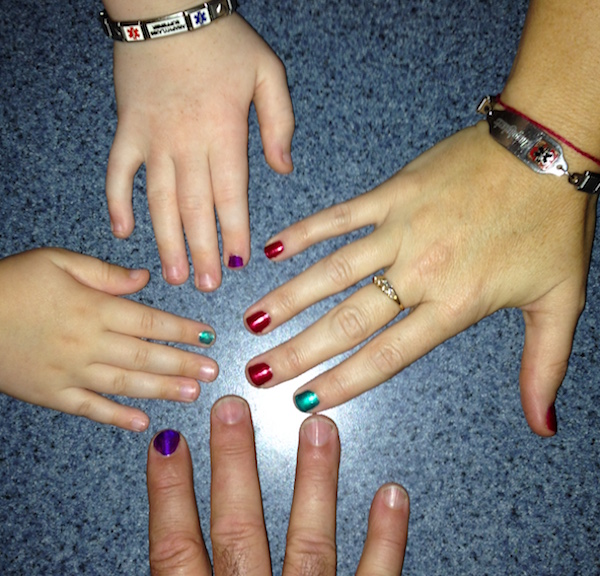As the new school year begins, it’s time to revisit an important topic: photo privacy and consent. This period often coincides with the renewal of annual consent forms, presenting parents with a crucial decision. While seeing photos of your child enjoying school activities on social media or in newsletters can bring a sense of connection and peace of mind, it’s vital to weigh this against potential risks, such as identity theft, cyberbullying, and even stalking.
The Legal Landscape of Photo Privacy
Photo privacy is not just a preference—it’s a legal requirement. In Australia, images of individuals are considered personal information under national and state/territory privacy laws. This means schools and childcare centres must obtain clear, informed consent before capturing or sharing photos of children. Parents should fully understand their child’s rights and the potential consequences of their photos being mishandled.
Understanding True Consent
To make informed decisions about photo consent, parents should first understand what proper consent looks like. Consent must always be clear, specific, and time-limited. If you encounter a consent form that seems vague or overly broad, it’s essential to question it.
Red Flags in Consent Forms
- Consent Without an Expiration Date: Consent should never last indefinitely. Schools should regularly renew photo permissions—ideally annually—to account for changing circumstances.
- Bundled Consent: Avoid signing forms that require a single “all-in” consent for multiple scenarios. True consent allows parents to approve or deny specific uses of their child’s images, such as newsletters, social media, or marketing materials.
When reviewing a consent form, consider whether it provides sufficient control and flexibility. Circumstances and family preferences can change, and what was acceptable last year may no longer be suitable.
Coercive Practices Undermine Consent
Consent should always be freely given, without pressure or consequences for opting out. If a school imposes conditions, such as denying enrolment or participation in events unless a parent signs an all-encompassing consent form, this is not true consent. Parents should feel empowered to speak up and advocate for their child’s privacy rights without fear of repercussions.
Schools should also reassure parents that declining consent will not affect their child’s ability to succeed or participate in school activities. By prioritizing privacy and providing clear, non-coercive options, schools can foster trust and compliance with regulatory standards.
The Importance of Privacy Policies and Transparency
Parents should review their child’s school’s Privacy Policy, collection notices, and media use policies. These documents should be easily accessible and written in plain language. If you find jargon or ambiguity, request clarification. Transparent communication from schools ensures parents can make informed decisions about their child’s privacy.
Balancing Benefits with Risks
It’s undeniable that photos can enhance a parent’s connection to their child’s school experience. They provide reassurance and insight into day-to-day activities. However, the increasing prevalence of photo-sharing on platforms like Facebook and Instagram also amplifies the risks. Parents and schools must work together to find a balance that protects children while maintaining engagement.
A Call to Action for Schools
Educational institutions must take photo privacy seriously. By 2025, schools should aim to adopt comprehensive policies and tools to protect student images. This includes obtaining informed consent, renewing permissions regularly, and ensuring parents feel supported and respected in their decisions.
Empowering Parents to Protect Their Children
As photo-sharing becomes more widespread, parents must remain vigilant about their child’s privacy. Ask questions, review policies, and challenge practices that don’t align with your comfort level. By staying informed and proactive, you can ensure your child’s images are shared safely and responsibly.
The start of a new school year is the perfect time to have open conversations about photo privacy. Together, parents and schools can create a safer environment where children can learn, grow, and thrive without unnecessary risks.
About Colin Anson, CEO and co-founder of pixevety:
Colin Anson is a digital entrepreneur, and the CEO and co-founder of child image protection and photo storage solution, pixevety https://pixevety.com/









